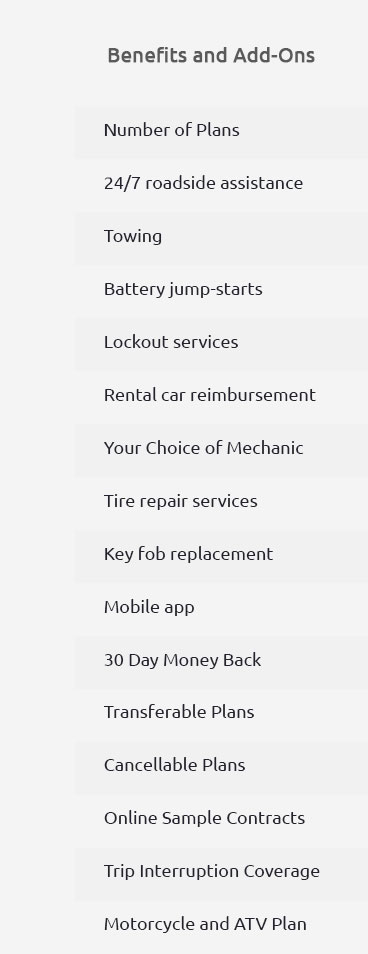 |
 |
 |
Select your vehicle to see available coverage options:
 |
 |
|||
 |
|||
 |
 |
 |
|
 |
|||
 |
|
 |
|
 |
|
 |
|
 |
|
 |
|
 |
|
 |
|

Full Insurance Coverage for Car: Comprehensive Coverage GuideFor U.S. consumers, ensuring your vehicle has full insurance coverage can mean the difference between peace of mind and financial stress. Whether you're navigating the bustling streets of New York or the sprawling highways of California, understanding what full coverage entails is essential. What is Full Insurance Coverage?Full insurance coverage is often a combination of different types of insurance policies that together provide a wide range of protection for your car. It's not a single policy but rather a suite that typically includes liability, collision, and comprehensive coverage. Types of Coverage
Benefits of Full Insurance CoverageHaving full insurance coverage provides significant benefits:
Imagine driving through the unpredictable weather in Texas; full coverage ensures you won't bear the brunt of hail damage repair costs. Extended Auto WarrantiesBeyond insurance, warranty nissan murano options can further protect your vehicle. Extended warranties cover repair costs after the manufacturer's warranty expires, offering additional peace of mind. While insurance covers accident-related damages, warranties cover mechanical breakdowns, ensuring comprehensive vehicle protection. Cost ConsiderationsThe cost of full insurance coverage varies based on several factors:
It's crucial to shop around and compare different warranty vehicle insurance options to find the best deal tailored to your needs. FAQsWhat does full insurance coverage include?Full insurance coverage typically includes liability, collision, and comprehensive insurance, providing a wide range of protection for various incidents. Is full coverage mandatory in the U.S.?While full coverage isn't mandatory, liability insurance is required in most states. However, full coverage is highly recommended for greater protection. How can I lower my insurance premiums?To lower premiums, consider bundling policies, maintaining a good driving record, and selecting a higher deductible. https://www.ace.aaa.com/insurance/auto-insurance/full-coverage.html
A full coverage car insurance plan may include collision, comprehensive, and liability coverages. Find out which policies are right for you at AAA. https://www.geico.com/information/aboutinsurance/auto/full-coverage/
There is no standard definition of "full coverage" car insurance. We can help you make sure your policy meets your state's requirements along with your ... https://www.farmers.com/learn/insurance-questions/what-is-full-car-insurance-coverage/
What Is "Full" Car Insurance Coverage? A full coverage car insurance policy typically includes liability, uninsured/underinsured motorist, collision and ...
|